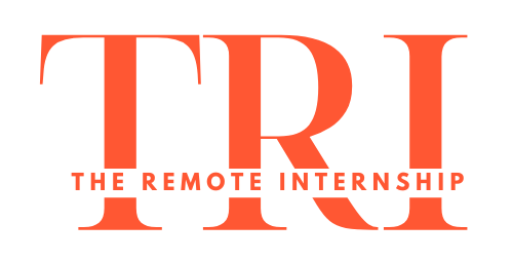When we have a job interview one of the questions that generates doubts about how to answer is about our qualities and weaknesses. Here in elempleo.com we spoke with Katherine Bohórquez, leader of e-hunters who explained how to talk about these aspects in a selection process.

What should we say when we are asked about our weaknesses in a job interview?
I believe that we should first of all behonest and realistic, hence the importance of being clear about our profile, not only from our knowledge, training and experience, it is also necessary to be very clear about our competences, skills and aspects to improve or weaknesses.
Update your resume and find the job that motivates you to grow professionally.
We must say what we have shown as weakness, but inan assertive and strategic way, always focusing on the fact that we have already identified it and therefore we are already working to solve, strengthen or potentiate it, so we must also be clear about what we are doing to improve it, having a plan already developed.
What should we say when we are asked about our qualities in a job interview?
We shouldbase our response on the competencies and skills that characterize us as a professional and also our personal values, yes, making sure that our answers are closely aligned with the vacancy, the sector, the company, the culture and corporate values.
Everything we say in an interview is important, so let’s work to make our entire speech say why we are the ideal candidate for that specific vacancy.
Three examples of aspects to improve or weaknesses and three qualities that we should highlight in an interview.
I think it is something very personal of each person, it will depend specifically on their profile, personality traits, skills, competencies, etc. We can talk about qualities for example if it is the case of our leadership, the ability to work in a team, or also to be innovative or creative, of course everything from reality and relying on facts and data that prove it.
As for the aspects to improve we canmention those situations that generate us greater challenge, or own aspects that may affect our results or performance, but always accompanied by that action plan that we are carrying out to improve it.
How much should we include of personal life in our answers at the job interview?
The interview is a moment of truth, in which the evaluator will want to get as much information as possible from the candidate. What I recommend is that you focus the answers and topics to be addressed according to what was requested by the evaluator, so if you actually ask us to talk about our personal life or ask us a question about it, we must give a clear, concrete and sincere answer about it.
What aspect to improve or weakness could be important so that the interviewer does not select me for that position?
I believe that saying or mentioning an aspect to improve specific cannot take away the opportunity to be elected, what it can do is the way we do it, both deny that we have any, and mention one in an unwise way and without an action plan to solve it.

